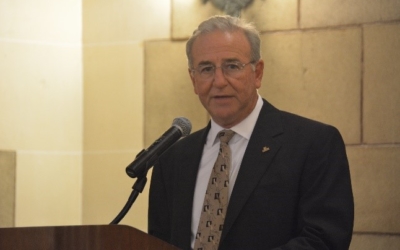
In Memoriam: Todd Klaenhammer
By Mary Ellen Sanders and Colin Hill
We all suffered a devastating…
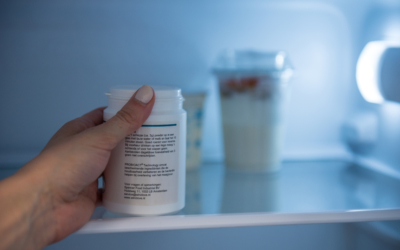
Designing Probiotic Clinical Trials: What Placebo Should I Use?
By Daniel J. Merenstein, MD, Professor, Department of Family…
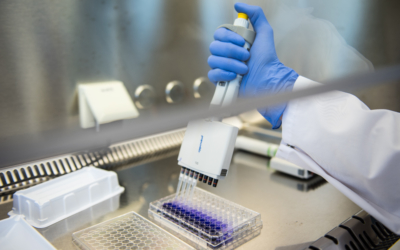
Five things scientists should know about the future of probiotics and prebiotics
By Marla Cunningham, Metagenics Global R&D Innovation…

The Microbiome — Can it aid in the diagnosis and therapy of irritable bowel syndrome (IBS)?
By Eamonn M M Quigley, MD FRCP FACP MACG FRCPI MWGO
Lynda…

Video Presentation: Behind the scenes of the consensus panel discussion on the definition of fermented foods
Numerous misunderstandings and questions exist around the concept…

Can fermented or probiotic foods with added sugars be part of a healthy diet?
By Dr. Chris Cifelli, Vice President of Nutrition Research, National…
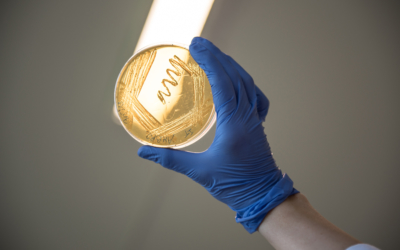
The future is microbial: A post-pandemic focus on identifying microbes and metabolites that support health
By Prof. Maria Marco, Department of Food Science and Technology,…

Creating a scientific definition of ‘fermented foods’
By Prof. Maria Marco, Department of Food Science and Technology,…

Ambient yogurts make a global impact
By Prof. Bob Hutkins, PhD, University of Nebraska Lincoln, USA
Quick,…
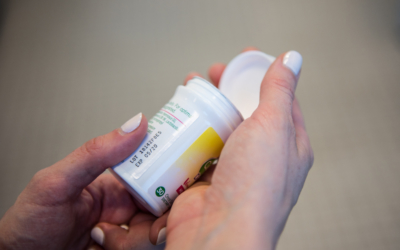
‘Probiotic’ on food labels in Europe: Spain adopts a pioneering initiative
By Silvia Bañares, PhD in commercial law, attorney Barcelona…
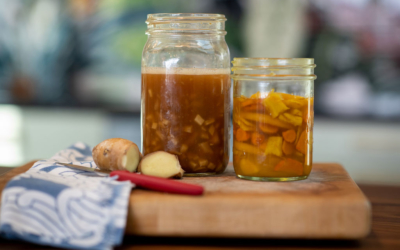
New ISAPP-led paper calls for investigation of evidence for links between live dietary microbes and health
The past two decades have brought a massive increase in knowledge…

Update on harmonized guidelines for probiotics being developed by the Codex Alimentarius
By Prof. Gabriel Vinderola, PhD, Associate Professor of Microbiology…




